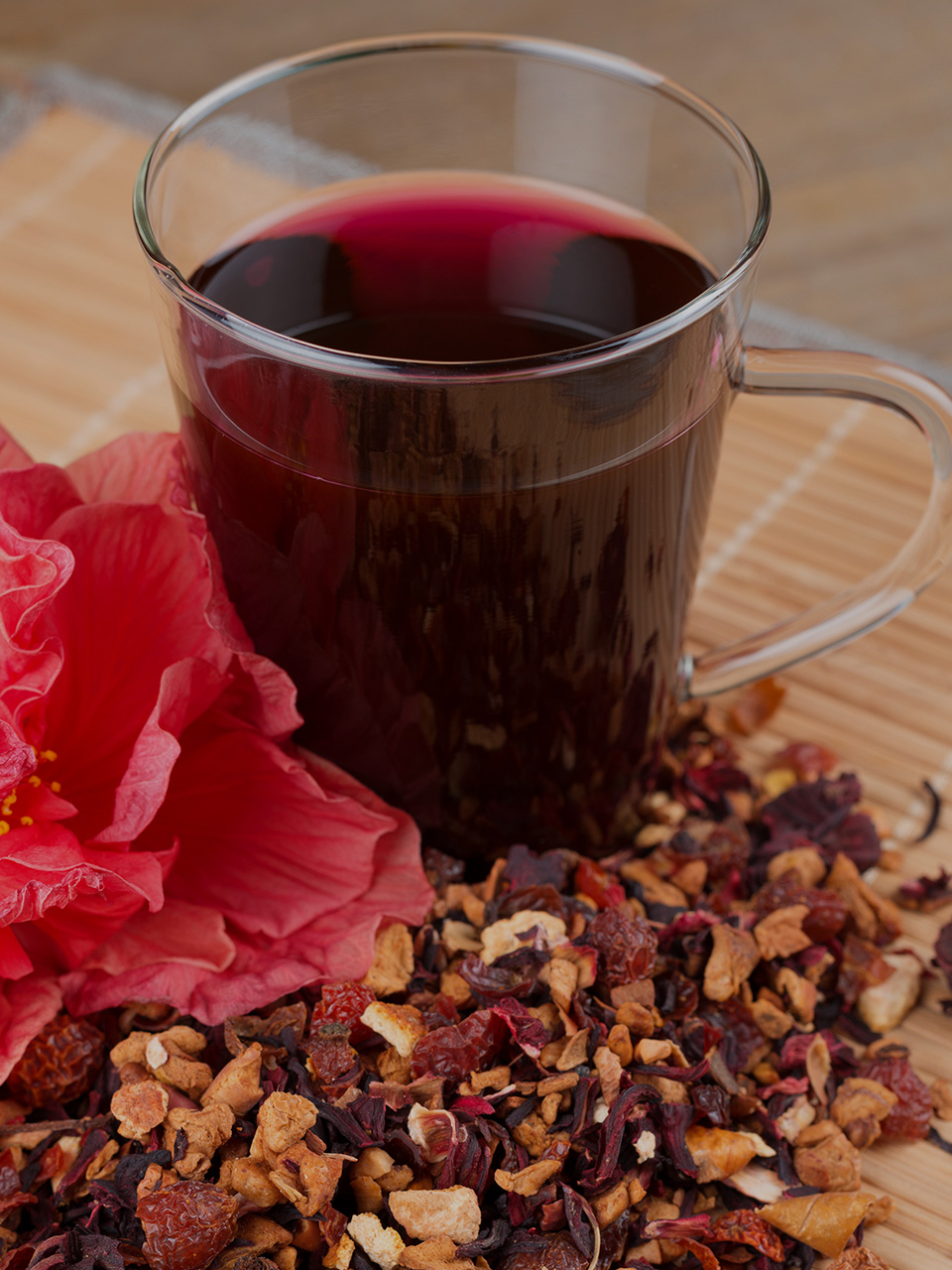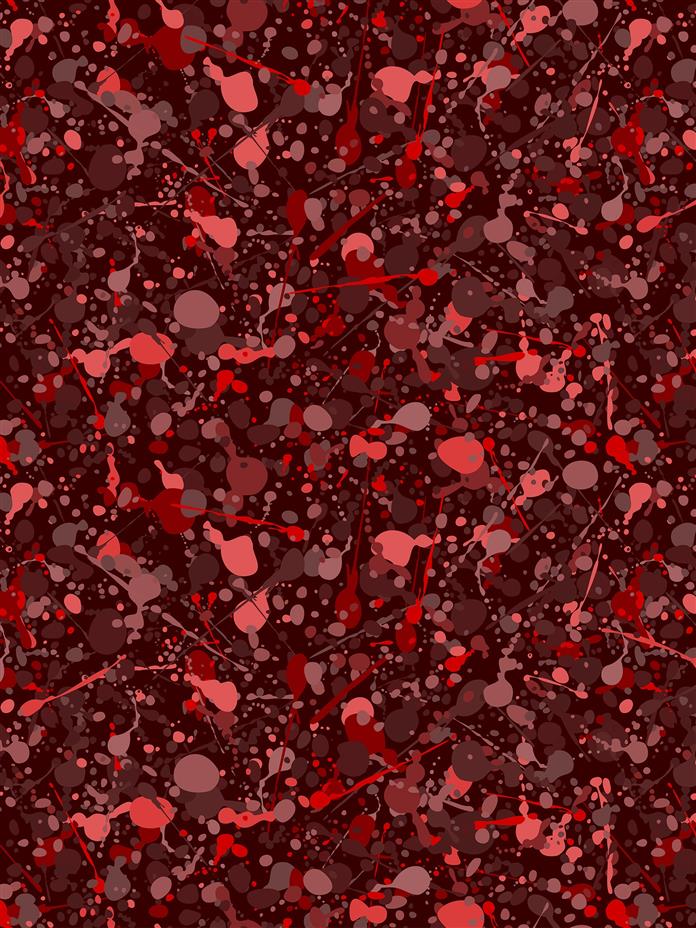
Tap to Read ➤
Hibiscus Tea Benefits
Rajib Singha


Hibiscus tea benefits have been known to the natives of Asia since long. We provide some information regarding the same.

Hibiscus is a tropical plant, and its scientific name is Hibiscus sabdariffa. Its sepals are used to make the hibiscus-herbal tea. This plant belongs to a genus of flowering plants in the mallow family, Malvaceae. There are about more than 200 species of this plant which populate the regions with warm, temperate, subtropical, and tropical climates.

The tea made from this plant has a tart, cranberry-like flavor. Some people like to have this tea sweetened by adding sugar while some like it sugar-free. This tea is beneficial for the human body because of its content of organic acids such as citric acid, maleic acid, and tartaric acid.
Health Benefits
Hibiscus tea is high in antioxidants, which help in fighting free radicals in the body. This in turn reduces premature aging. Apart from this, these antioxidants also promote cell growth, boost the immune system (which is why the tea is beneficial in treating colds, fever, and flu), decrease the chances of cancer and cataracts, etc.

People who consume this tea are less vulnerable to conditions like high-blood pressure, high-cholesterol (reducing risk of heart disease) and liver disorders. Owing to its antibacterial property, this herbal tea helps fight common ailments like whooping cough, flatulence, bloating, upset stomach and indigestion. This tea also helps to relieve constipation.

The tea is a natural antispasmodic. Therefore, ailments like muscle cramps or spasms, stomach cramps, and even menstrual cramps may be relieved by consuming this tea. The tea also facilitates weight loss. An enzyme known as amylase breaks down starches and other complex sugars in the body.

The tea contains amylase inhibitors that block the absorption of certain starches. This will reduce the consumption of carbohydrates and lead to weight loss.

To prepare the tea, bring 2-3 cups of water to a boil in a large saucepan and turn off the heat. Thereafter, drop about 4 fresh hibiscus flowers into the water. Alternatively, if you have managed to get dried-flower petals, then you can add 2 tablespoons of them to the water. Now, add 1 or 2 cinnamon sticks to the mixture.

Cover the saucepan and wait for about 15-20 minutes. Ensure that the steeping process does not go beyond 20 minutes as this might make the tea bitter. Now, strain the tea from the saucepan into a drink pitcher. Enhance the tea flavor by adding some fresh lemon juice and honey.

Disclaimer: This is for informative purposes only, and should not be used as a replacement for expert medical advice.